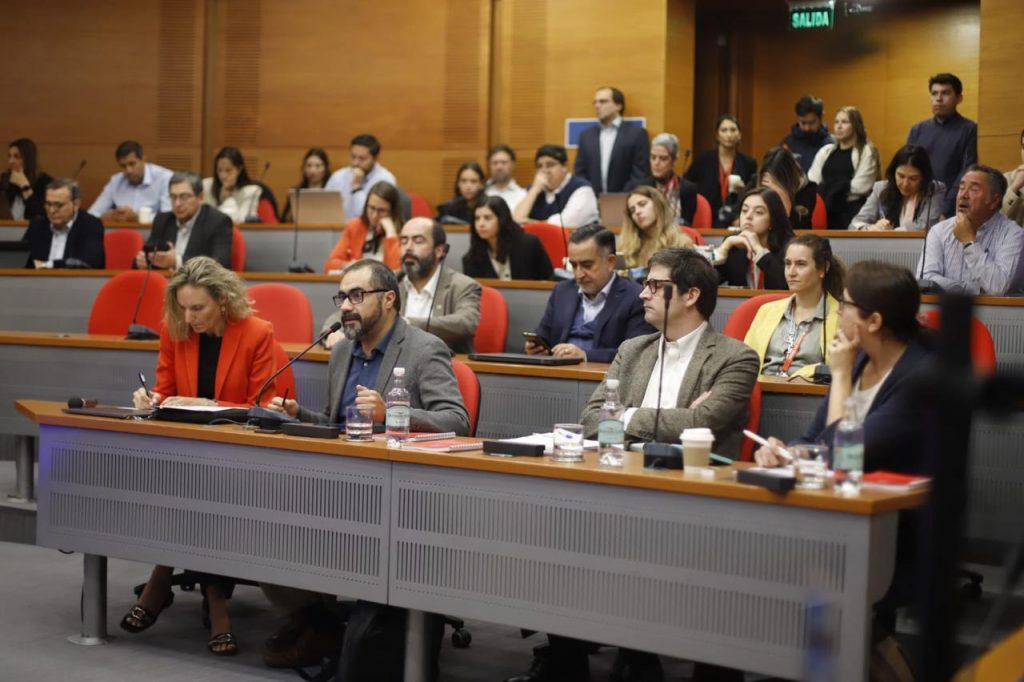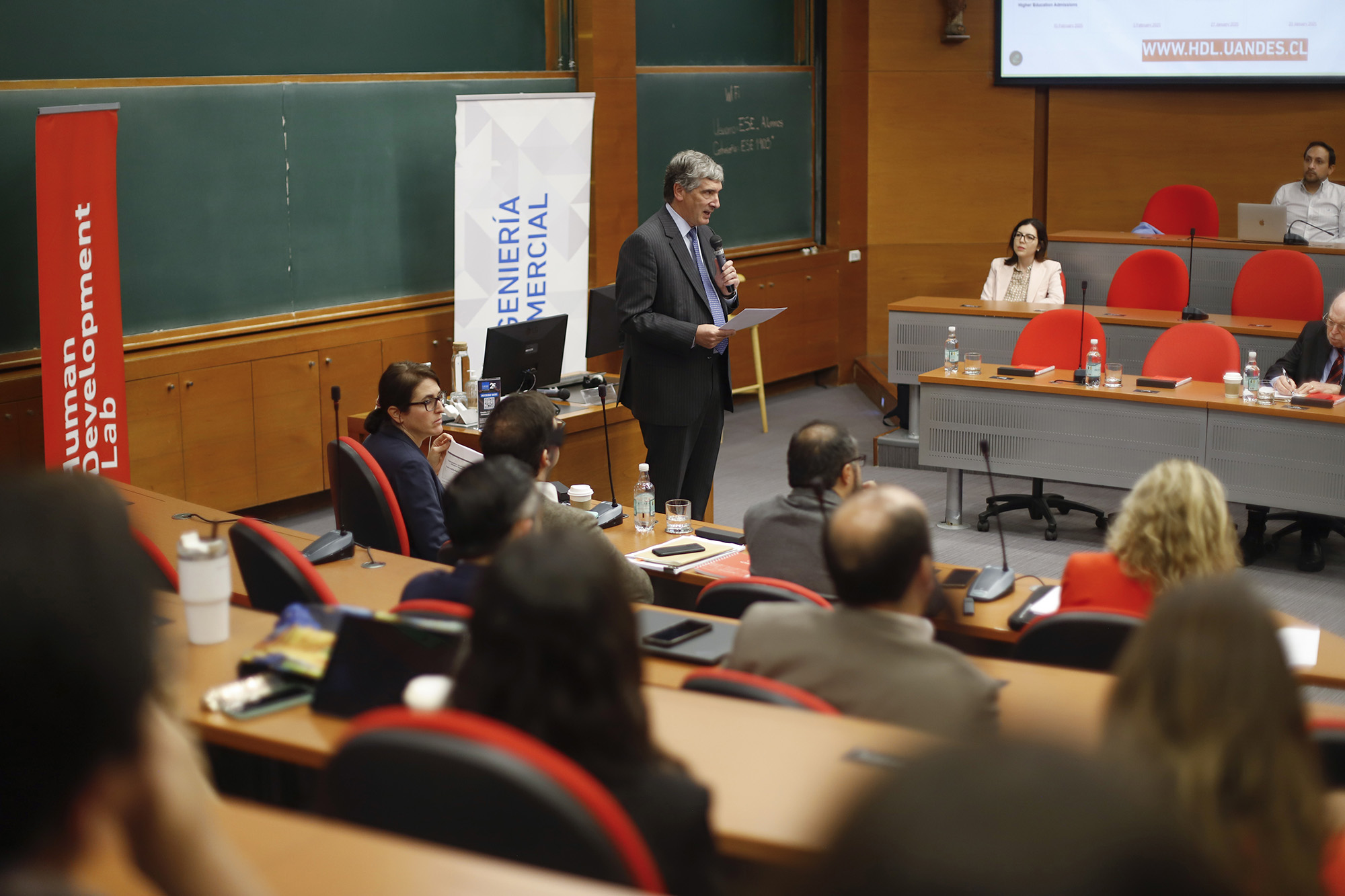Rector José Antonio Guzmán:
"We must advance in quality higher education, with greater innovation and research."
At the seminar on the financing of higher education, organized by the Human Development Lab of Universidad de los Andes, experts discussed aspects of the FES, the government's new proposal.
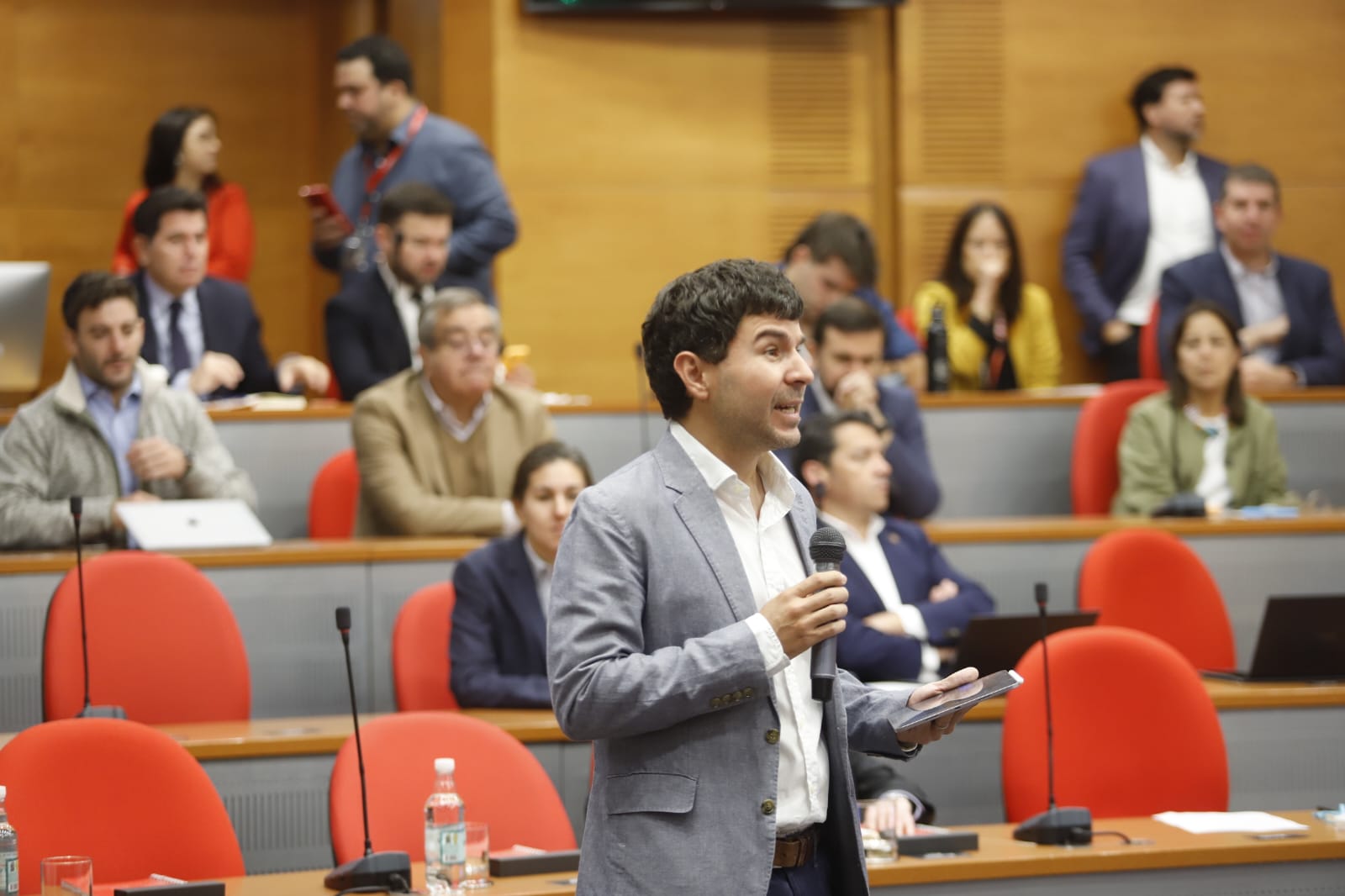
Andrés Barrios, director of the Human Development Lab of the Universidad de los Andes , organized this workshop, "Student Financing in Higher Education: Challenges and Opportunities,"in which the following participated: José Antonio Guzmán, Rector of Universidad de los Andes; Victor Orellana, Undersecretary of Higher Education;Loreto Cox, professor at the School of Government of Universidad Catolica; Daniel Rodriguez, executive director of Acción Educar; Nicholas Barr, academic from the London School of Economics and Political Science (LSE);Harald Beyer, former Minister of Education and professor of the School of Government UC and Sergio Bitar, former Minister of Education. These experts addressed different aspects of the financing system and how it impacts access to and quality of higher education.
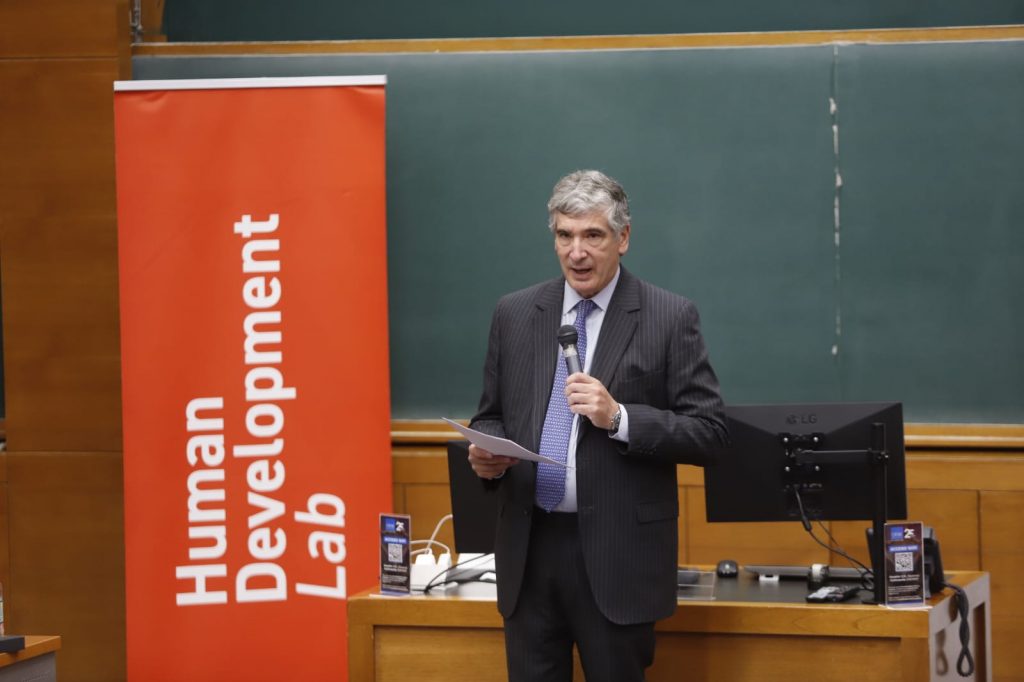
Rector José Antonio Guzmánwelcomed the participants by highlighting the relevance of higher education for the development of society. "We are at a critical moment in the financing of higher education, a significant number of private and public universities have begun to show serious problems in this area, which should be a cause for deep concern. Added to this is a persistent issue: the low national spending on innovation and development, a problem that requires a cross-cutting consensus regarding its seriousness and impact. This challenge is particularly important in the current context because we are facing a prolonged period of low economic growth that has limited the capacity of the state and the private sector to invest in higher education. At the same time, there is a legitimate expectation to advance in quality higher education, with a greater capacity to generate innovation and research and to support the productive development that our country needs,"he said. Rector's complete speech here.
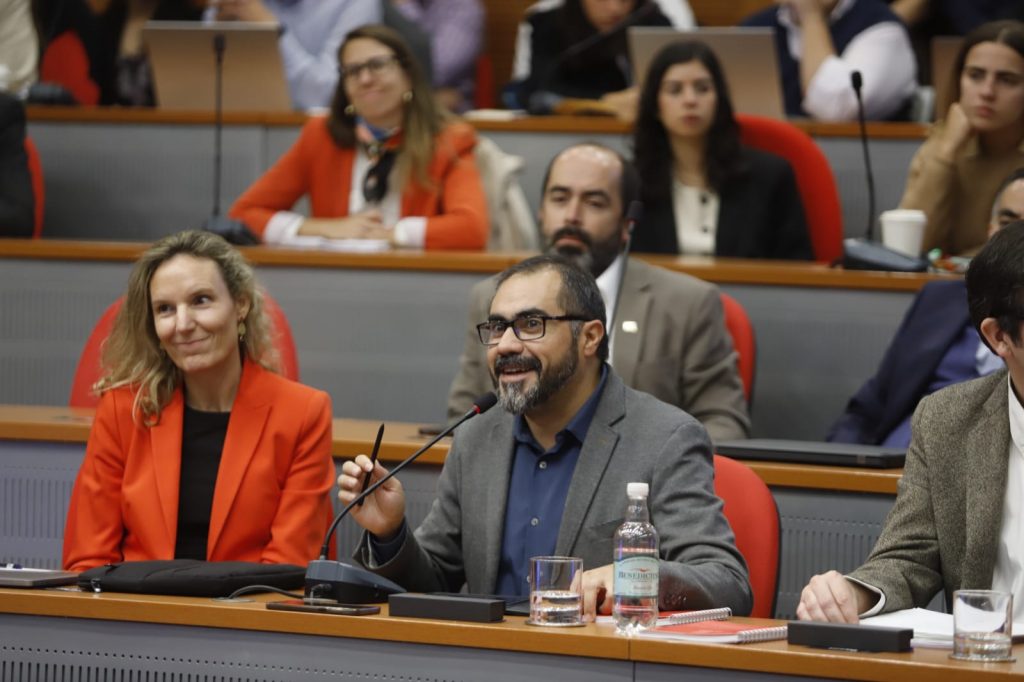
In his speech, the Undersecretary of Higher Education, Víctor Orellana, emphasized the need to modernize the higher education financing system. According to Orellana, it is essential to reorganize spending, improve efficiency and adapt the system to the demands and challenges of the country. "Modernization must be comprehensive, encompassing academia, human development and productive sustainability, as well as management and financing," he explained.
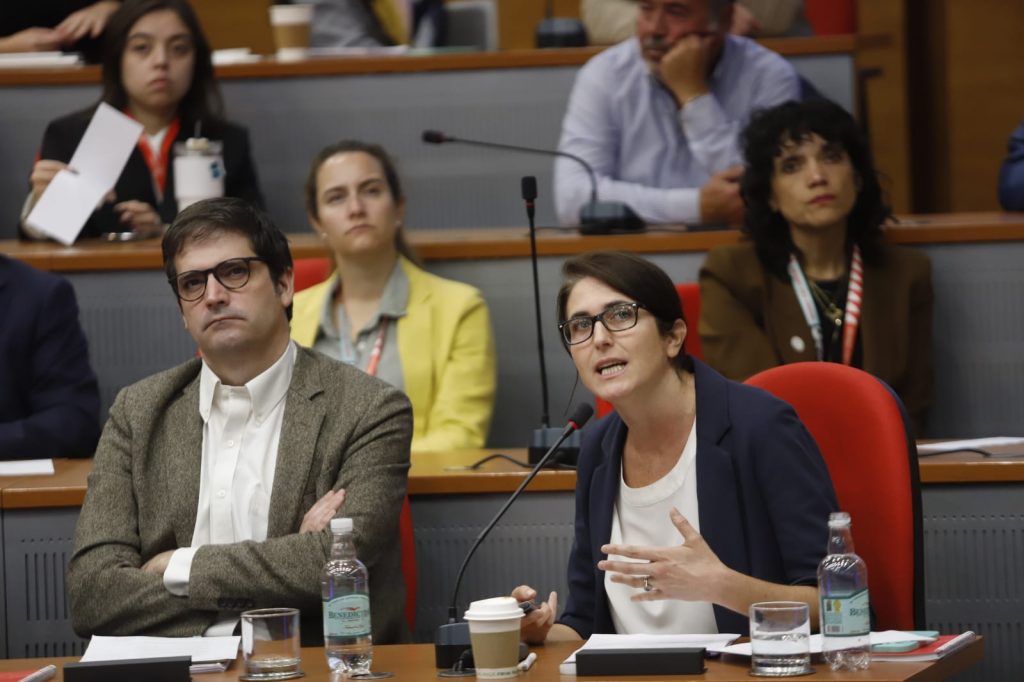
Meanwhile, Loreto Cox, professor at UC School of Government, highlighted the urgency of adopting bold policies regarding free education. "It is necessary to redirect the resources of free education to other areas, since there is no room to continue increasing public funding. Universities need resources to innovate, and families are willing to contribute," he said. Cox also reflected on the low employability of some careers and the need to review the number of openings offered in them.
Daniel Rodríguez, executive director of Acción Educar, pointed to the increasing inclusion of students in higher education, which implies an increase in support and funding needs. "As more students enter higher education, their demands increase, but the resources available to meet these needs are not growing at the same rate. Institutions face increasing pressures and costs," commented Rodríguez.
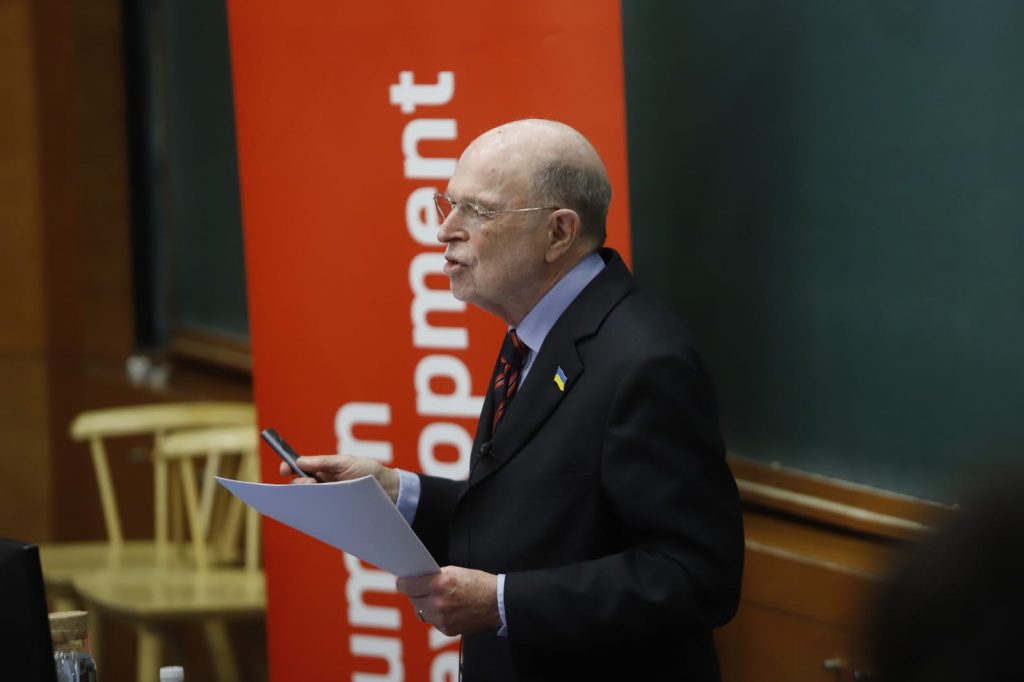
Nicholas Barr, an international expert on higher education finance and professor of economics at London School of Economics and Political Science (LSE), was invited to speak on the subject.In his speech, he stressed the importance of preschool education for students' future educational outcomes.
"The quality of higher education is directly related to the preparation students receive in their first years of education. For ten years I campaigned for our conventional student loans to become income-contingent loans. I am absolutely certain that income-based payments, however they are organized, are the best way to help students - in their early years - use their future income to fund their investments in skills," he stressed.
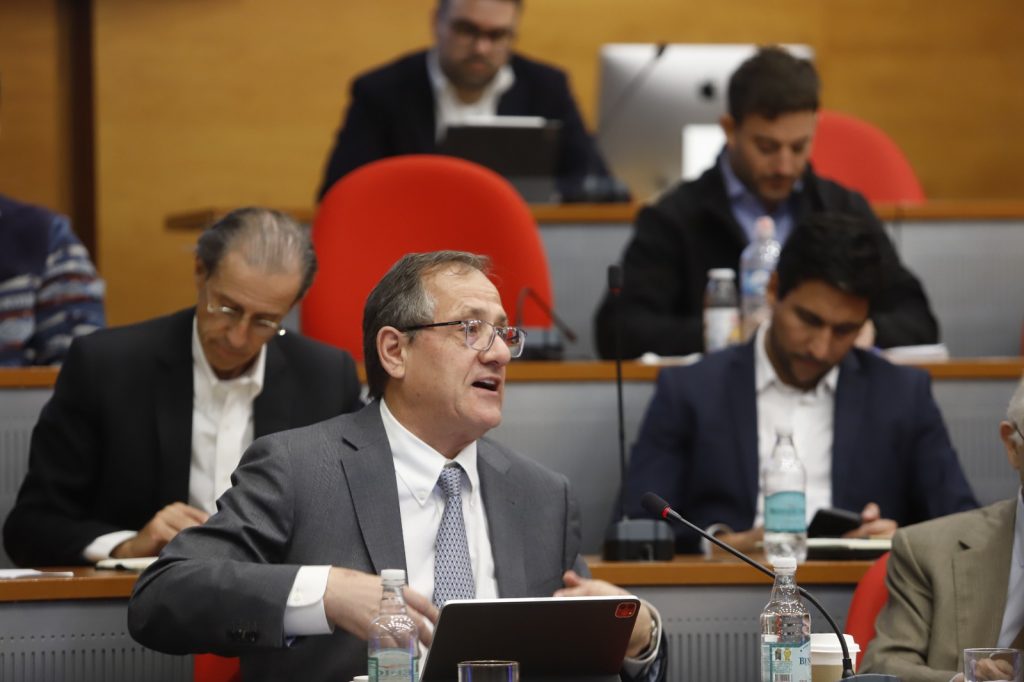
For Harald Beyer, former Minister of Education in the first government of Sebastián Piñera, financing should have a comprehensive approach, suggesting the elimination of free education in the future and the strengthening of preschool education. "Improving educational access and quality must be a comprehensive process that begins at the earliest stages of schooling."
Sergio Bitar, former Minister of Education in the government of Ricardo Lagos, addressed the issue from a political perspective, pointing out the importance of social cohesion and democracy for the development of equitable and sustainable higher education. "Financing is not only a technical issue, it is also ideological. It is essential to find a more efficient payment system that allows us to improve free education policies without undermining the progress achieved," he said.
The experts agreed that the modernization of the higher education financing system is essential to ensure all students have equitable access to quality education, without neglecting the economic sustainability of the system.
